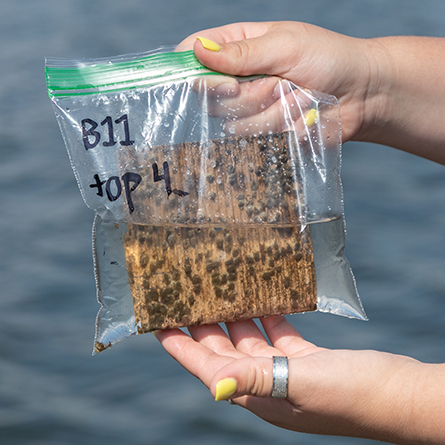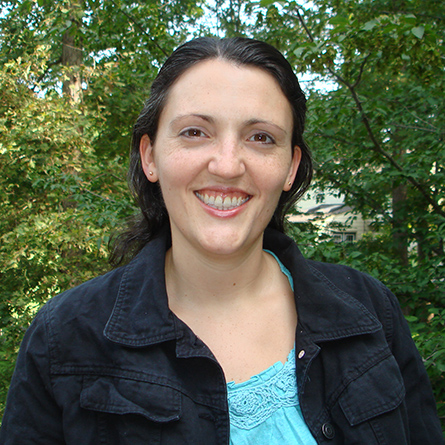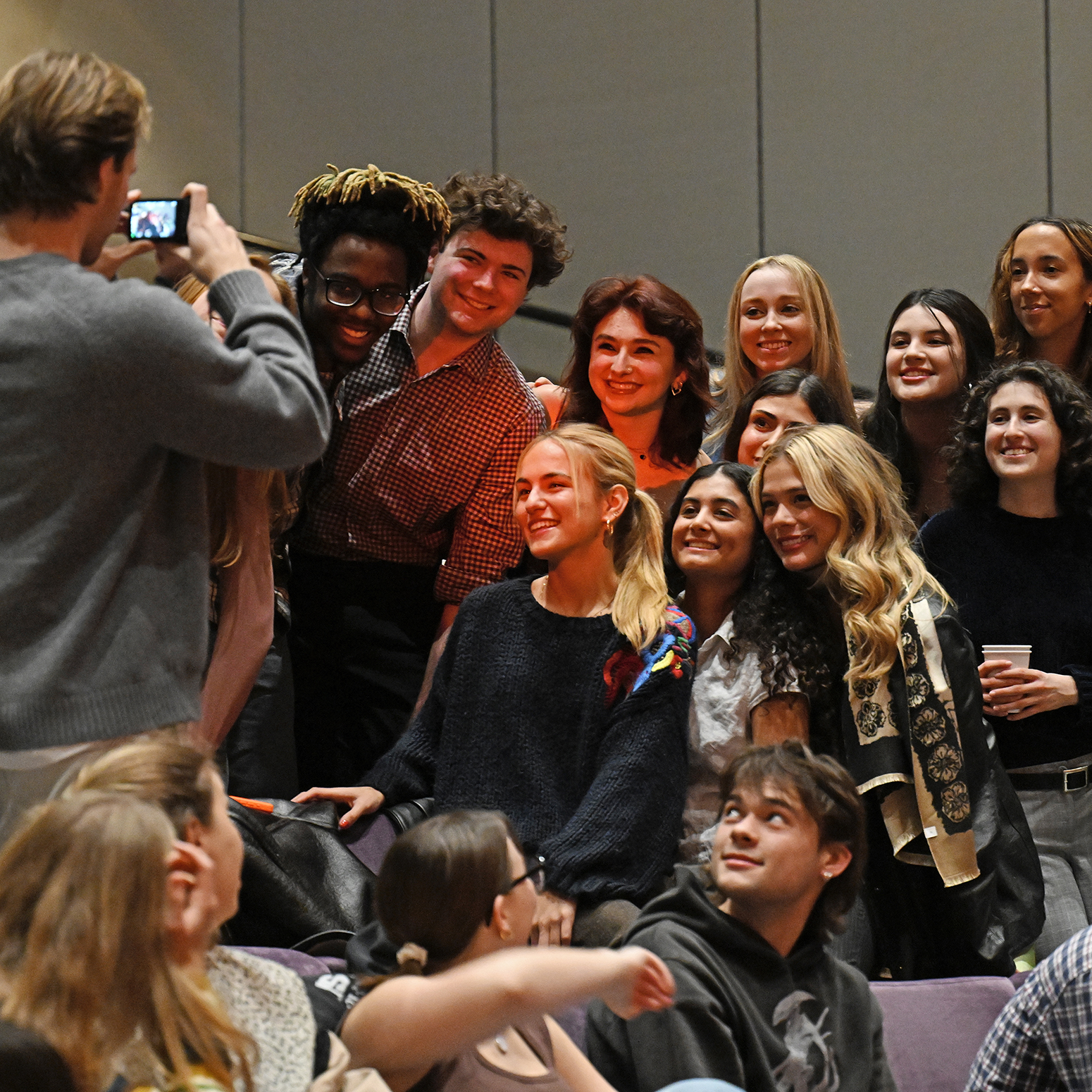
The property rights of weavers
Professor Joyce Bennett has been awarded a $20,000 Wenner-Gren Foundation grant to help Maya women protect their intellectual property rights
For years, Maya women in Guatemala have fought against the theft of their unique weaving designs, which can produce, for example, a blouse that can fetch up to $400.
Now, Joyce Bennett, an assistant professor of anthropology at Connecticut College, is poised to help the women document their work in ways that could lead to laws and legal action to protect the weavers’ intellectual property rights.
It’s a next-level sort of protection—not simply paying a weaver a fair price for a particular product, but safeguarding the designs going forward so that they can’t be misappropriated.
“Fashion designers from the Western world are trying to basically copyright indigenous women’s designs, and the women are making a collective effort that we’re not seeing elsewhere in the world to protect those,” Bennett says.
“Designers have basically been trying to steal those designs and say that you women who came up with this design, you can no longer use it because we copyrighted it first. These are designs that have been passed down for generations.”
The work on the loom can take a full-time weaver two to three months to produce an item, Bennett says. U.S. and European companies will buy a blouse, skirt, or other work, and either separate it into pieces to incorporate in a new product, or fashion a new print using the product’s design.
Bennett has been awarded a $20,000 engaged research grant from the Wenner-Gren Foundation, a foundation dedicated to the advancement of anthropology. The grant supports research partnerships “that empower those who have historically been among those researched in anthropology, rather than researchers themselves.” Bennett will spend much of 2022-2023 in Guatemala doing research in collaboration with Ixnal Ambrocia Cuma Chávez, a Kaqchikel Maya teacher and activist.
Approximately half of the grant will pay Bennett’s collaborator, “which, quite frankly, is revolutionary,” she says.
The project is expected to produce a book that will document the weavers’ work and its history in ways to help lawmakers in Guatemala develop laws to protect the weavers, and to help the weavers take legal action against people who have appropriated their designs.
Bennett wrote in the grant application:
“Instead of allowing for the theft of their traditional knowledge, indigenous women in Guatemala have come together across ethnolinguistic groups to challenge fashion designers’ attempts through the legal system, basing their claims in intellectual property rights.”
Bennett says the aim of the project “is to understand activism and how it works, but also to have those very real results because this is about real people and their lives, and what they do every day and their ability to put food on the table.”
Bennett’s research and teaching focus on sociocultural and sociolinguistic issues in Central and North America, especially as they relate to social justice. She mostly focuses on the Kaqchikel-speaking population of the Western highlands of Guatemala. Her book, Good Maya Women: Migration, Clothing, and Language Revitalization in Highland Guatemala, published in February, analyzes how indigenous women’s migration contributes to women’s empowerment in their home communities in Guatemala.

